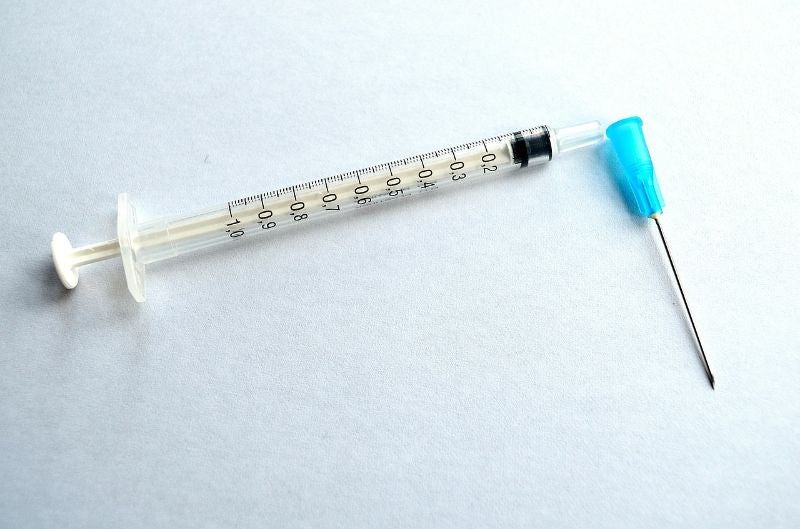
University of Waterloo researchers in Canada are developing a DNA-based vaccine candidate that can be given via nasal route to protect from Covid-19 infection.
This Covid-19 vaccine will use bacteriophage-based approach, which will allow it to replicate within bacteria already present in the body, formulated to act on tissues in the nasal cavity and lower respiratory tract.

Discover B2B Marketing That Performs
Combine business intelligence and editorial excellence to reach engaged professionals across 36 leading media platforms.
The aim is to deliver the vaccine to cells in targeted tissues and trigger the production of a virus-like particle (VLP) that will induce an immune response.
While the VLP will look similar to the SARS-CoV-2 structure, it is harmless, said the researchers. This similarity will stimulate the body’s natural immune response against viral infections similar to the VLP, including the novel coronavirus.
The VLP will attach to receptors that the coronavirus would bind to, limiting potential sites for transmission.
Through these changes in the body, the vaccine will be able to develop immunity against Covid-19 and also mitigate the severity of progressing infections. This indicates that the product can act as a vaccine, as well as a therapeutic.

US Tariffs are shifting - will you react or anticipate?
Don’t let policy changes catch you off guard. Stay proactive with real-time data and expert analysis.
By GlobalDataUniversity of Waterloo School of Pharmacy professor Roderick Slavcev said: “When complete, our DNA-based vaccine will be administered non-invasively as a nasal spray that delivers nanomedicine engineered to immunise and decrease Covid-19 infections.
“This research combines the expertise of many and leverages existing technology developed by my team, which we’re reconfiguring for a Covid-19 application.”
To design the vaccine, Slavcev partnered with another School of Pharmacy professor, Emmanuel Ho and a chemical engineering professor, Marc Aucoin.
A team led by Ho is designing the nanomedication, delivered by the nasal spray. The testing process for this is underway.
Meanwhile, Aucoin’s lab is constructing and purifying the VLP and working to enhance immunity after the initial administration of the vaccine.
Slavcev’s research team completed the bacteriophage delivery system design and is now altering the system for Covid-19 application. Additional design and testing will be performed later this year.
A Natural Sciences and Engineering Research Council of Canada grant are supporting the research components.




